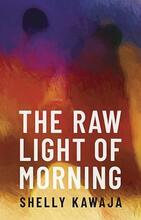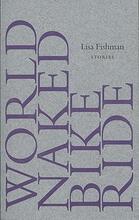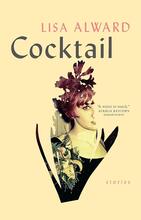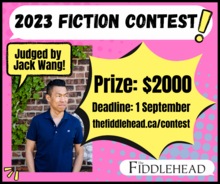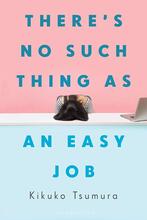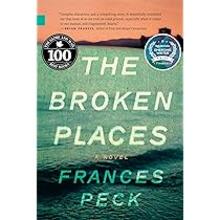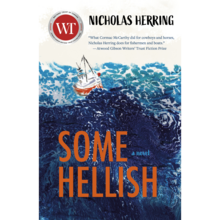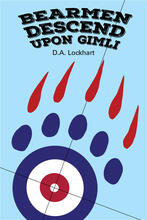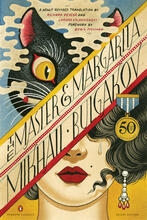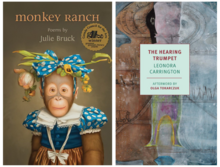Chris Benjamin: A Richly Layered Study of Poverty and Trauma, Review of The Raw Light of Morning by Shelly Kawaja
The Raw Light of Morning, Shelly Kawaja’s debut novel and winner of the $12,500 BMO Winterset Award in 2022 for outstanding literary work by a Newfoundlander or Labradorian, is at the same time a compelling story of domestic violence, poverty, and trauma, and a 1990s western Newfoundland coming-of-age character study of a young woman of remarkable resilience. This is Laurel’s story, and she is 14 in the opening scene, and forced to intervene to protect her mother from life-threatening violence.
